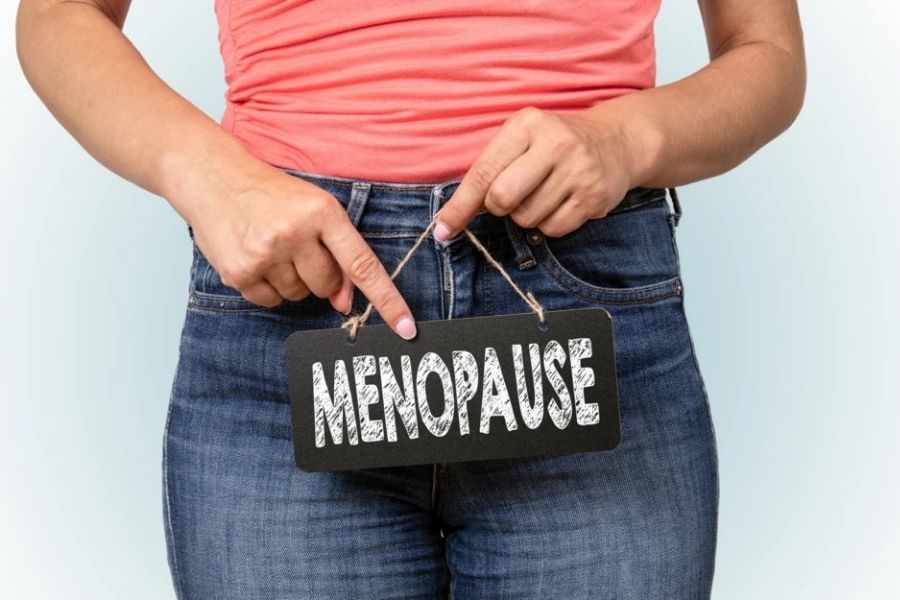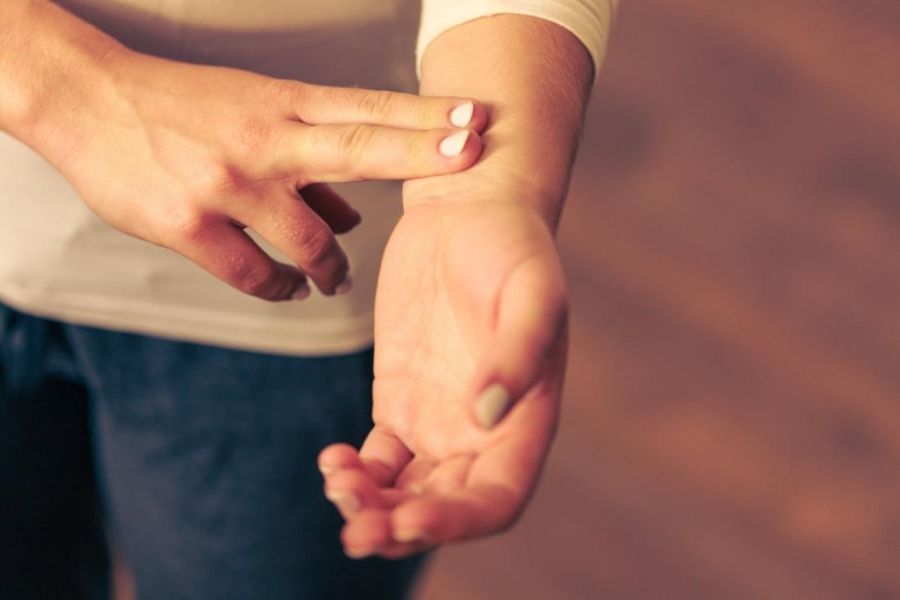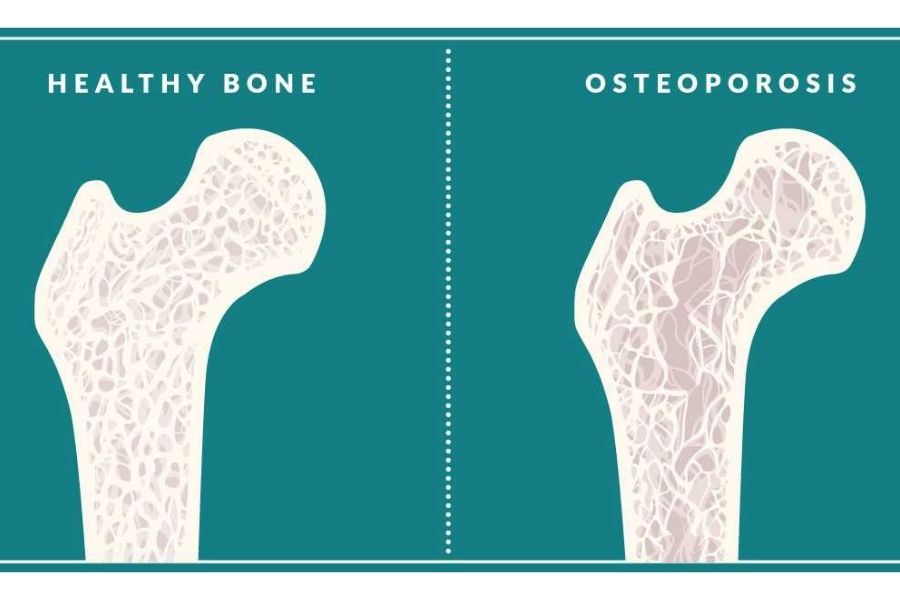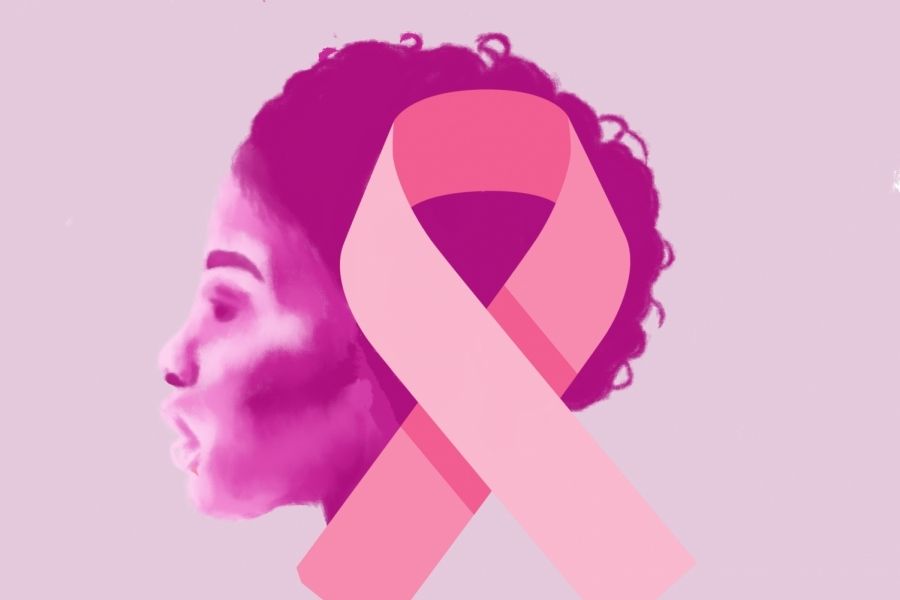Menopause starts at the age of 51 approximately but may begin as early as the 30s or 40s in some cases. The typical sign is the irregularity in the menstrual cycle for a year but causes drastic changes in the body, which trigger severe problems. Women may experience the complications of menopause, depending on their lifestyle habits and food choices. These complications of menopause, if they aren’t diagnosed early, may lead to lifelong health issues.
The women’s ovaries produce the hormones estrogen and progesterone responsible for regulating female body characteristics, pregnancy, and menstrual cycle. During the menopausal period, the ovaries’ functions cease, which results in an inadequate menstrual cycle, or the woman can no longer get pregnant. Also, estrogen levels, one of the fertility hormones, that is also responsible for maintaining the bones’ integrity, begin to fall. Therefore, the chances of osteoporosis become high. Estrogen loss increases the chances of complications of menopause and should be treated as early as possible.
Complications Of Menopause Women May Experience
1. Hot Flashes

Hot flashes are a common complication of menopause in women. They may experience sudden heat on the upper body part, mainly the neck, face, and chest. Hot flashes are called night sweats when they happen during the night.
Skin becomes red and patchy. Heartbeat also increases and becomes irregular with time. This symptom usually starts after the last period cycle. Hot flashes generally last from 30 seconds to several minutes. Because of heat, night sweating also occurs, which results in sleep deprivation and daytime tiredness.
2. Vaginal Symptoms

During menopause, the estrogen level decreases, making inner tissue linings of the vagina thinner, drier, and less elastic. Therefore, the problems like vaginal itching, dryness, and pain during intercourse may persist; thus, women get more susceptible to vaginal infections. Ensure keeping the vagina and surrounding area clean to avoid any problems. In case of yeast infection, one can start consuming the best probiotics for BV.
3. Urinary Tract Infections

Menopause may disrupt the urinary cycle. The urethral lining also goes with the same problem; it becomes dryer, thinner, and less elastic due to estrogen’s declining levels. It leads to more frequent urination, leakage of urine, or pain during urinating. Therefore, urinary tract infections such as cystitis may occur.
4. Mood Swings

Mood swings are also one of the common complications of menopause. Women during menopause suffer from memory problems, irritability, changing mood behavior, tiredness due to inadequate sleep, or fatigue. Mood swings during menopause can affect cognitive functions, i.e., a lack of concentration and focused learning.
5. Other Physical Changes

Some women may put on weight due to the uneven distribution of fat in the abdominal area and less in the hips and thighs. Changes in the skin texture, such as wrinkles, and acne may develop. Due to the male hormone testosterone’s effects, women may experience hair growth (hirsutism) on the chest, chin, or upper lip. Hair thinning, and breast shrinkage may also occur. Without treatment, symptoms of vaginal itching may even get worst.
6. Cardiovascular Diseases

Low estrogen levels significantly increase heart disease chances, which is the most prominent cause of death in women. Due to the drop in estrogen levels, heartbeats become irregular and rapid (heart palpitations). Therefore it is recommended to do regular exercise, follow a healthy diet pattern, and maintain cholesterol level.
7. Osteoporosis

Osteoporosis is a health condition where the bones become brittle. Estrogen is responsible for supporting osteoblasts, and bone-producing cells. Lack of estrogen makes weak and brittle bones, leading to wrist, hip, and spine fractures. Therefore, physicians usually recommend some calcium tablets for healthier bones.
8. Breast Cancer

Breast cancer is one of the severe complications of menopause women experience. Breast cancer is also one of the leading diseases in today’s world. The risk of breast cancer increases during late menopause, but exercise and physical activity may reduce the chances.







